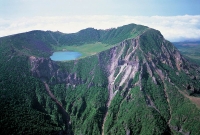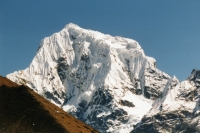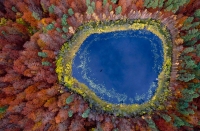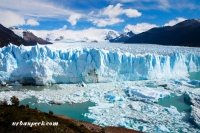David R. Grimes,physicist and cancer researcher at Oxford University. Thirty years has passed since events in Chernobyl, while Japan marks the fifth anniversary of the Fukushima disaster. We need more than ever to have a reasoned discussion on the issues. It is important also to see these disasters in the wider context of energy production: when the Banqiao hydroelectric dam failed in China in 1975 it led to at least 171000 deaths and displaced 11 million people. Our reliance on fossil fuels is particularly costly, not only to the environment but to human health; each year, at least 1.3 million people are estimated to die from air pollution. Shutdown of the plants in Japan has led to not only increased pollution, but rolling blackouts and protests. By contrast, France has for decades produced 75% of its energy through nuclear, and enjoys the cleanest air and among the lowest carbon emissions of any industrialised nature.
David Ropeik: International consultant on risk perception and risk communication - There are good physical and emotional reasons to fear nuclear radiation. At high enough doses it can cause more than 20 different kinds of cancer. Emotionally, human-made risks scare us more than natural ones (radiation from the sun doesn't scare us as much though it kills many more) and any risk we can’t detect with our senses leaves us feeling vulnerable and powerless and more afraid.
John Tjostem, microbiology, botany, professor emeritus of biology - Will our children and grandchildren inherit a world that has adequate food and clean energy resources to offer quality of life? Here we examine the need to find a clean and abundant energy source to replace fossil fuels. We also consider the premise that clean and cheap fuel may offer a glimmer of hope for disarming the population bomb. The debate over nuclear power will be a major focus.
Andrew Karam, Popular Mechanics - A powerful earthquake caused a massive tsunami that crashed into Fukushima Daiichi Nuclear Power Plant and caused multiple nuclear reactor meltdowns.
The Japanese government recently compensated a worker who developed leukemia after receiving just under 20 mSv (about 2 rem) of radiation exposure from the accident. See article by Jerry Cuttler and James Welsh, the acute dose radiation exposure for predicting cancer is considered to be higher than 500 mSv. The 20 mSv dose that the Japanese government compensated a person for is far below the threshold considered to cause leukemia.












